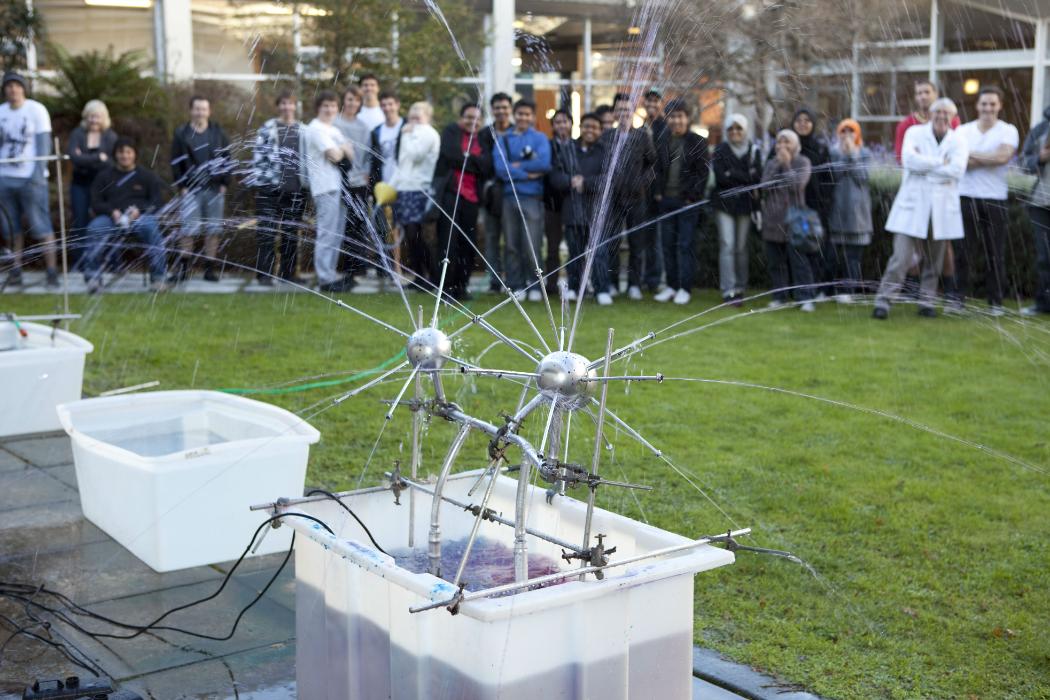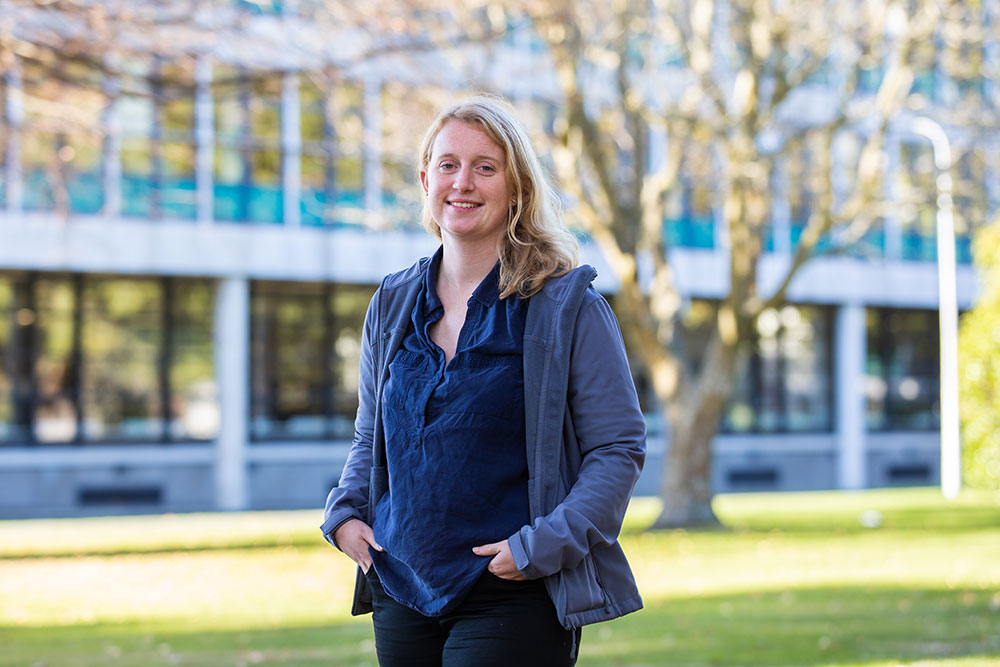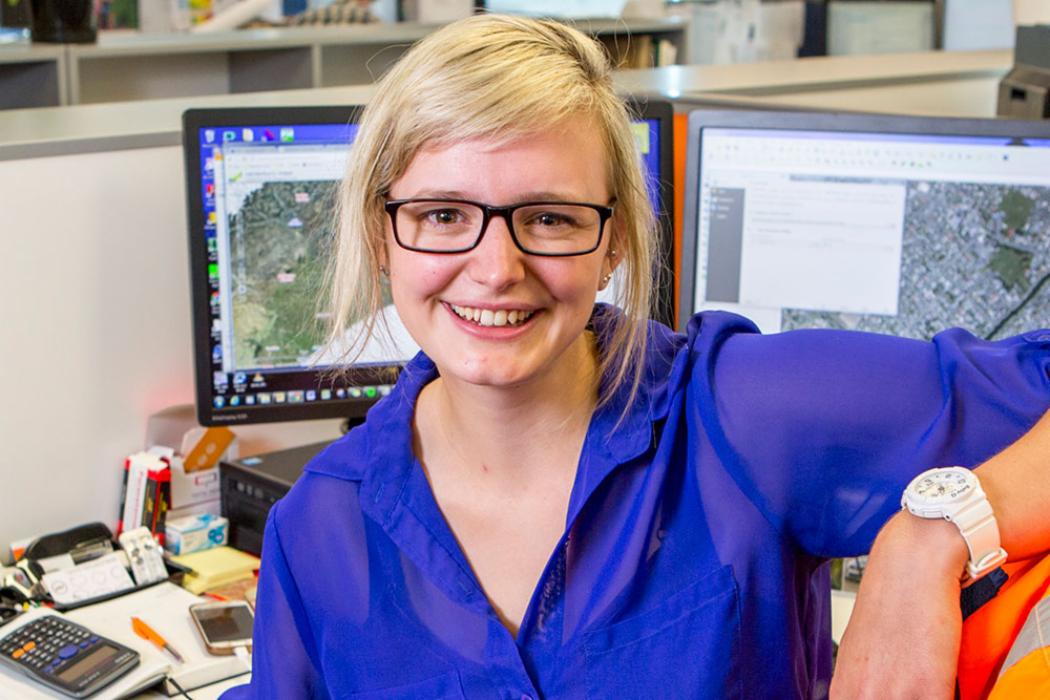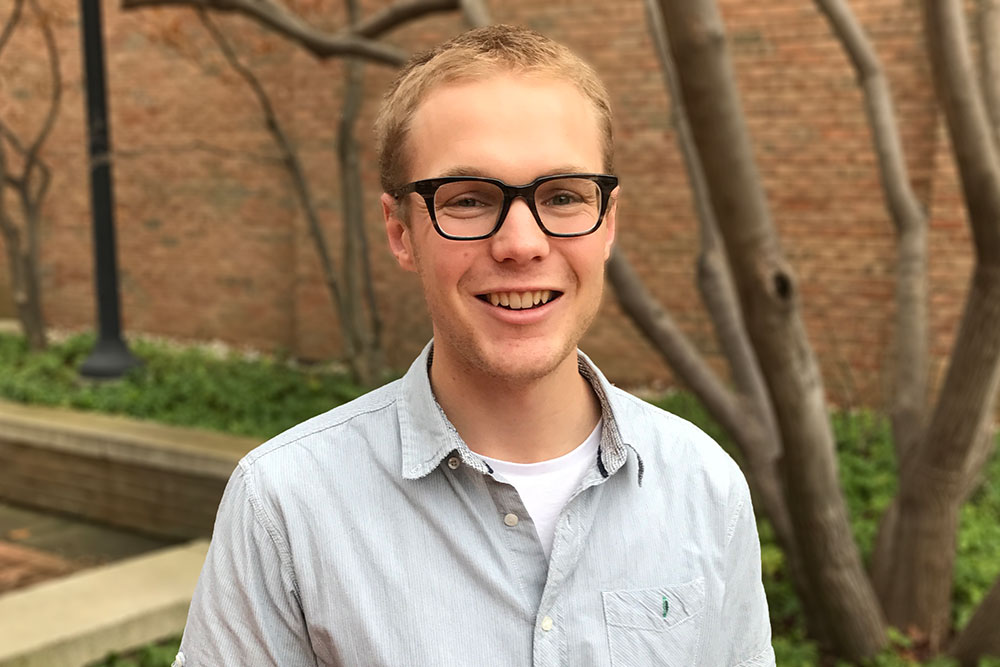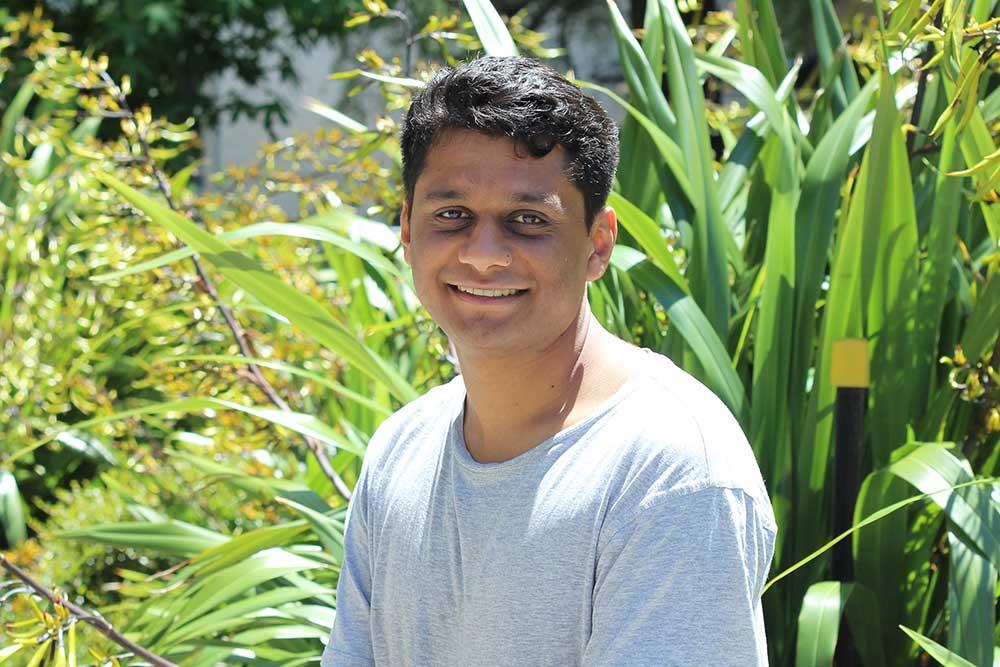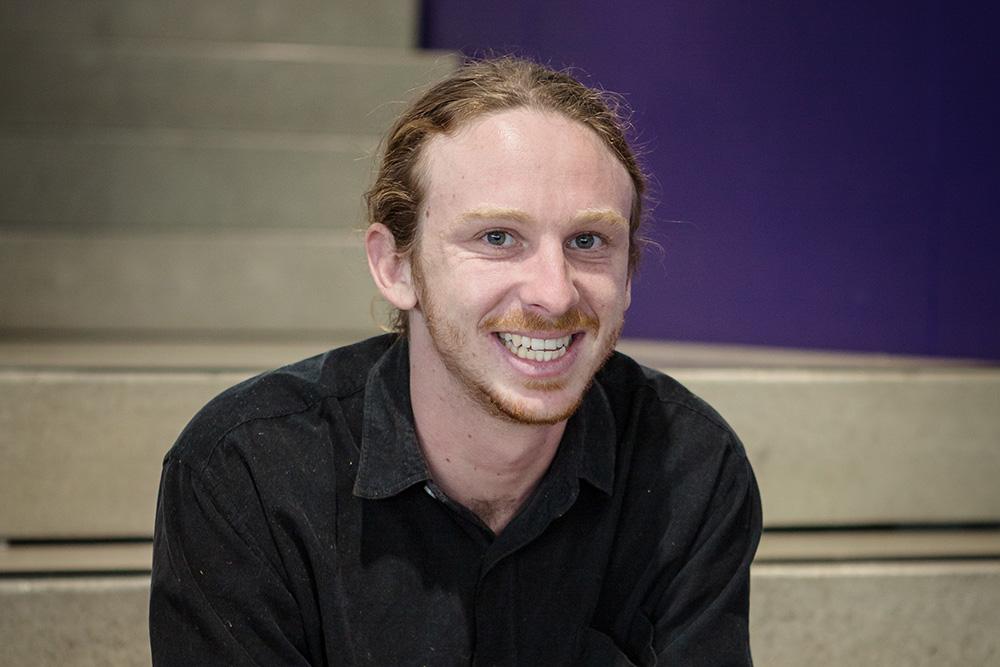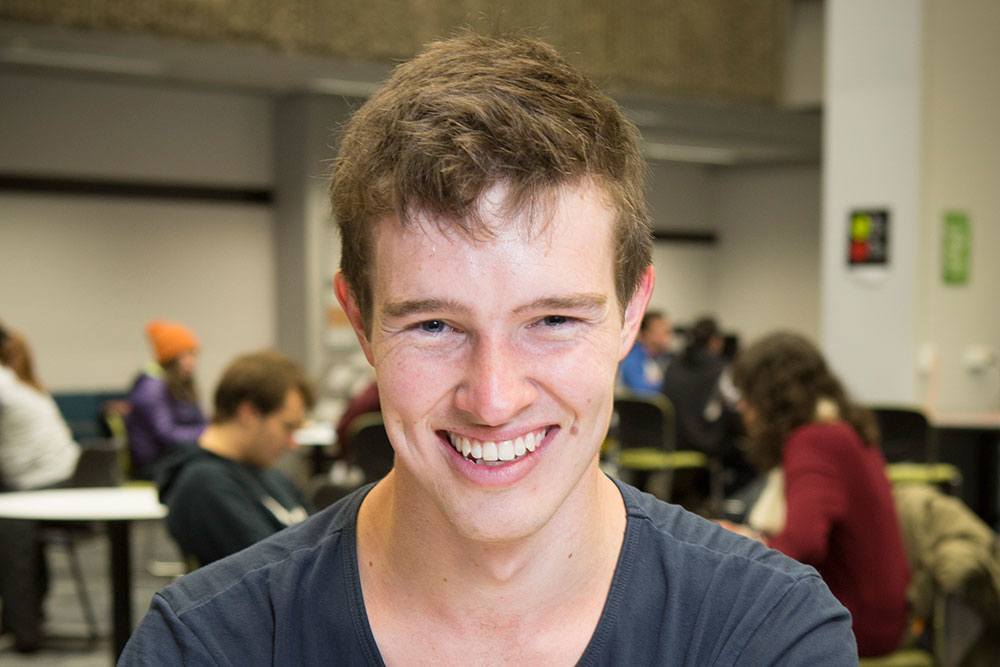- Structural engineering
- Fluid mechanics and hydrology
- Civil systems engineering
At UC you can study a Bachelor of Engineering (Hons) in:
- Civil Engineering
- Minor in water and environmental systems
- Minor in structural engineering
- Natural Resources Engineering
As a civil or natural resources engineer, you are responsible for the built environment—the spaces where people live and the infrastructure that we depend on—and how it interacts with the natural environment. As an engineering graduate from our department, you will lead the change you want to see in the world.
Why study Civil or Natural Resources Engineering at UC?
- Two degree options, Civil Engineering and Natural Resources Engineering. (We are the only university in the world to offer Natural Resources Engineering)
- Truly international lecturers sharing world trends
- Graduates are in high demand
- Salaries are amongst the best ($11.7t is the expected size of the global civil engineering market)* global market insights 2016
- Ranked 9th in the world for Civil Engineering (by the Academic Ranking of World Universities), 54th by the QS ranking, and 24th world-wide based on QS reputation amongst employers.
- Brand new purpose-built high-tech labs such as the NZ first Fire lab, the huge Structural lab and the VR lab (over 142million investment)
- Strong work experience field trips such as the bridge building competition, field trips with industry
- New Zealand’s most established civil engineering university
- Close community of students and professors
- Numerous opportunities for mentorship and professional development with our industry connections
- New Zealand’s most modern city (with the largest population group being 20-30 year olds)
You will be taught by world-class experts and educators in:
- Environmental engineering
- Engineering management
- Ecological engineering
- Geotechnical engineering
- Fire engineering
- Transportation
We are society's engineers.
Civil and Natural Resources Engineers are responsible for creating and maintaining a sustainable world. We define and solve the problems of our communities, and provide the foundations for a healthy, vibrant, and resilient society.
As one of our students, you will become:
- a master planner, designer, constructor, and operator of society’s economic and social engine - the built environment
- kaitiaki: a steward of our natural environment and its resources
- a manager of risk and uncertainty
- a leader in discussions and decisions shaping environmental and infrastructure policy
- a collaborator, engaging with interdisciplinary and culturally diverse teams
- a creator and innovator of ideas and technology across the public, private and academic sectors
